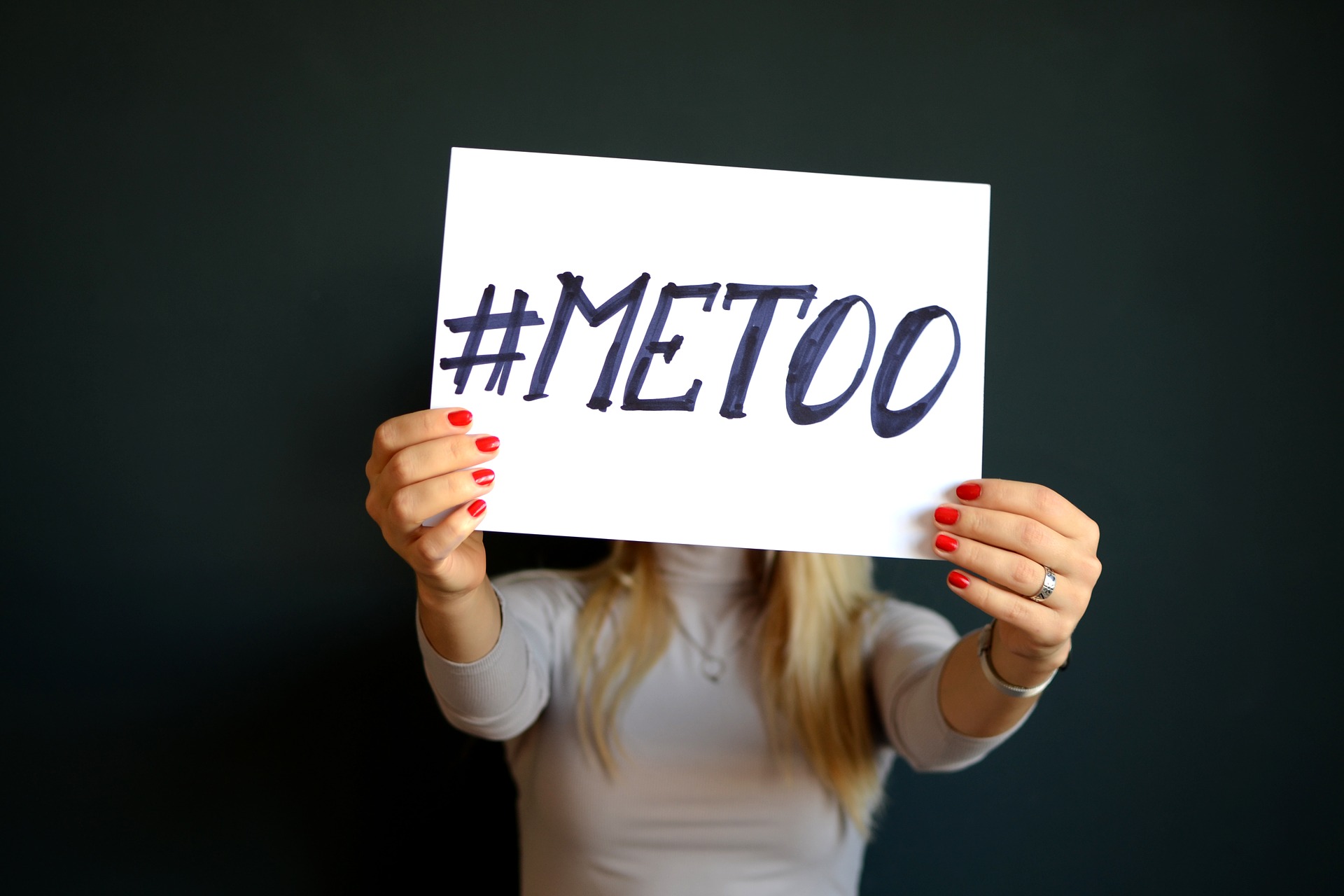
#MeToo. An Important Topic being openly discussed
Sexual harassment is, unfortunately, a common occurrence in the workplace and community at large. It can be both verbal, physical and even non-physical (leering and staring). Survivors sometimes may ignore or deny their experiences and feelings and realize it at a later time in life. When feelings resurface, they are generally accompanied by shame, guilt and take a hit on their confidence by associating life experiences as out of their control. In such cases, it is important to remember that the perpetrator is the one who is guilty and not the victim.
Most survivors find it hard it hard to confess to friends or family due to the stigma attached. Some people are even forced to put down their voice because of the nature of the issue at hand. If the listener behaves in a reckless way while listening to your trauma, please remember that your issue is not a non-issue and it says something about the listener and not about you, the survivor. Your story of struggle is worthy of attention. It might help you to see a good counselor to share your grievances and walk towards healing.
For the benefit of our readers, we are listing a few tips below on how to effectively cope with the issue of sexual harassment:

Shoot it straight:
Face the perpetrator directly and ask him to stop. If the behavior continues, threaten them that you will complain about it and have him face consequences. Make sure to be in a safe and accessible space while delivering the threat. If they persist despite threats, go ahead and take further action.
Note: If you are a kid reading this article, immediately without second thought, go and confess to your parents.
A firm claim:
Search for other victims of your harasser. Their voice coupled with yours makes a strong case which cannot be put down or ignored easily.
Know your limits:
Sexual harassment is a hard line to draw. What is acceptable to one may be perceived as lewd behavior by another! So, when you feel uncomfortable with anything (ex: jokes), feel comfortable to communicate your discomfort right away to make the other person aware of your limits.
Who is to blame?
Sink this thoroughly into your awareness that you are not to blame and you are definitely not alone. If it helps, connect with a good and considerate friend or even better, someone who has gone through the same and discuss your situation with them.
Observe your feelings:
Take a note of your feelings and emotions related to this issue. Are there any emotional blocks? Are you able to move smoothly through life? Are you able to trust people in a balanced way or has it become almost impossible to do so? If you think you need help, you must approach a counselor to resolve the emotional blocks.
 Dr. Prerna Kohli, India’s Top Psychologist explains coping with Sexual Harassment and Me too
Dr. Prerna Kohli, India’s Top Psychologist explains coping with Sexual Harassment and Me too
#MeToo. An Important Topic being openly discussed
Sexual harassment is, unfortunately, a common occurrence in the workplace and community at large. It can be both verbal, physical and even non-physical (leering and staring). Survivors sometimes may ignore or deny their experiences and feelings and realize it at a later time in life. When feelings resurface, they are generally accompanied by shame, guilt and take a hit on their confidence by associating life experiences as out of their control. In such cases, it is important to remember that the perpetrator is the one who is guilty and not the victim.
Most survivors find it hard it hard to confess to friends or family due to the stigma attached. Some people are even forced to put down their voice because of the nature of the issue at hand. If the listener behaves in a reckless way while listening to your trauma, please remember that your issue is not a non-issue and it says something about the listener and not about you, the survivor. Your story of struggle is worthy of attention. It might help you to see a good counselor to share your grievances and walk towards healing.
For the benefit of our readers, we are listing a few tips below on how to effectively cope with the issue of sexual harassment:
 Dr. Prerna Kohli, India’s Top Psychologist explains coping with Sexual Harassment and Me Too
Dr. Prerna Kohli, India’s Top Psychologist explains coping with Sexual Harassment and Me TooShoot it straight:
Face the perpetrator directly and ask him to stop. If the behavior continues, threaten them that you will complain about it and have him face consequences. Make sure to be in a safe and accessible space while delivering the threat. If they persist despite threats, go ahead and take further action.
Note: If you are a kid reading this article, immediately without second thought, go and confess to your parents.
A firm claim:
Search for other victims of your harasser. Their voice coupled with yours makes a strong case which cannot be put down or ignored easily.
Know your limits:
Sexual harassment is a hard line to draw. What is acceptable to one may be perceived as lewd behavior by another! So, when you feel uncomfortable with anything (ex: jokes), feel comfortable to communicate your discomfort right away to make the other person aware of your limits.
Who is to blame?
Sink this thoroughly into your awareness that you are not to blame and you are definitely not alone. If it helps, connect with a good and considerate friend or even better, someone who has gone through the same and discuss your situation with them.
Observe your feelings:
Take a note of your feelings and emotions related to this issue. Are there any emotional blocks? Are you able to move smoothly through life? Are you able to trust people in a balanced way or has it become almost impossible to do so? If you think you need help, you must approach a counselor to resolve the emotional blocks.

